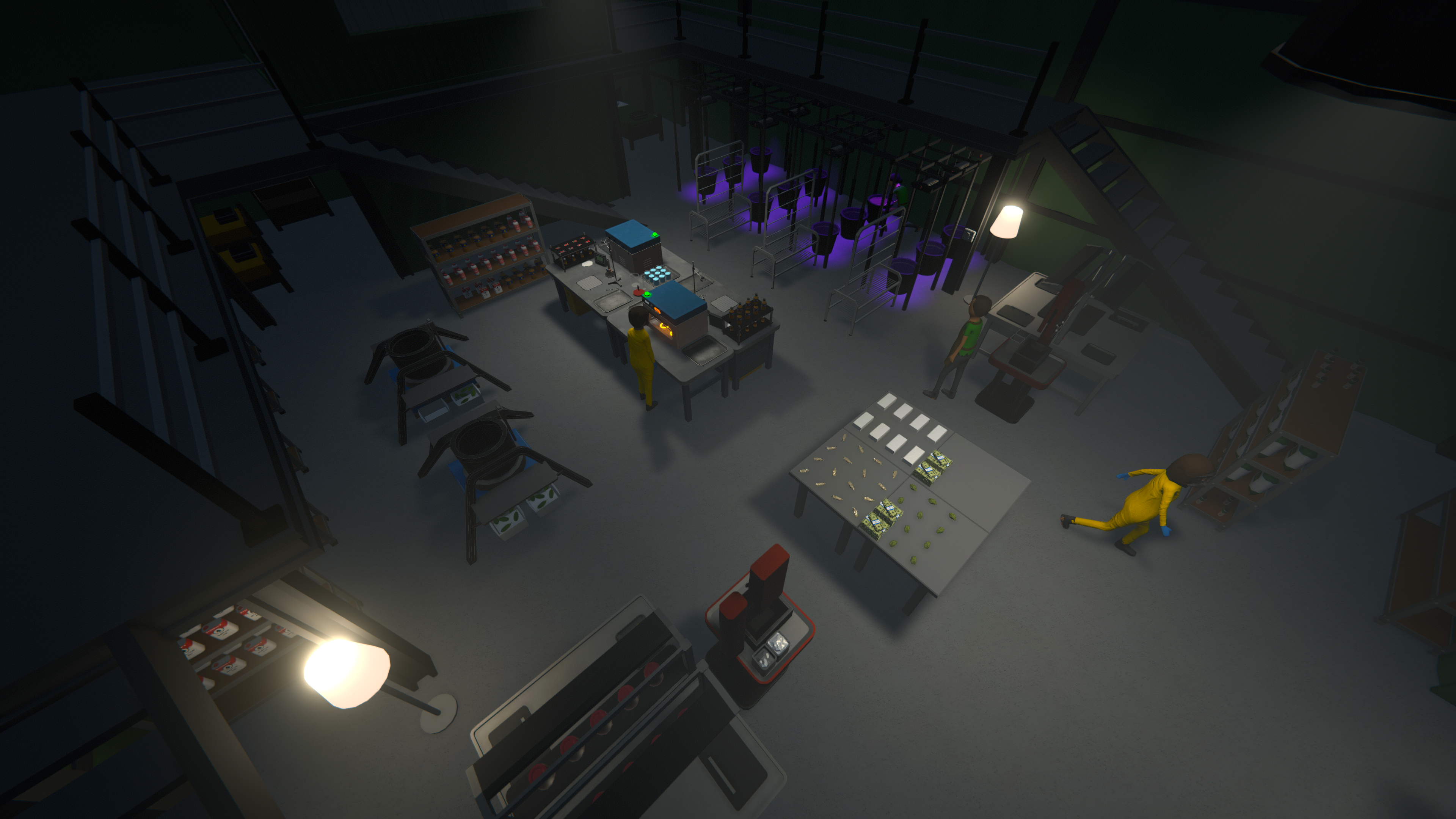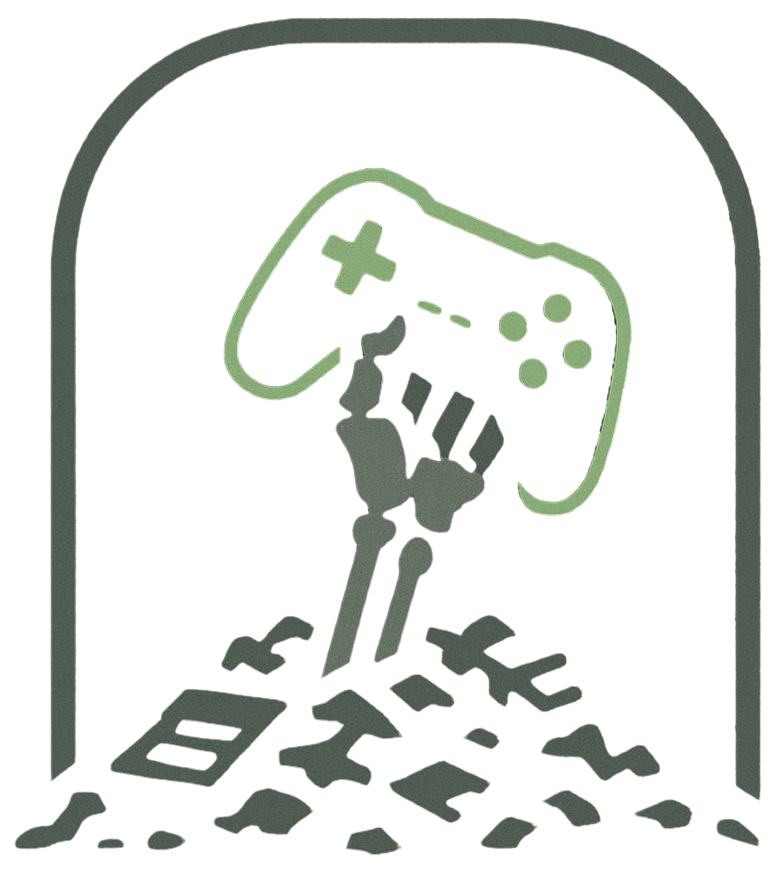Do Games Really Die
When does a game truly die? Whether it's multiplayer or single-player, the media has recently covered the demise or decline of various games, prompting me to ask the aforementioned question. Do they die because their player base drops? Do they die because there are no updates? Or do they die simply because it became boring?
Let’s look at a true example of a dead game. The Cycle: Frontier was a terrific extraction shooter set on an alien planet, which tasked you with completing tasks for vendors, much like Tarkov. The gunplay was enjoyable, the game's design was aesthetically pleasing and original, and the gameplay loop was satisfying. So what happened? The game had a horrible cheater problem. A problem that the team did not address as fast as they should have. This led to the player base being driven off by the time they implemented a proper anti-cheat, and the lack of updates to the game itself had killed off the remaining loyalists. This eventually led to the doors being closed on the servers and the game officially shut down. Sidenote: There is a team of dedicated individuals who are now creating a modded version of the game, allowing you and your buddies to play a PvE version of the game.

Image Source: SteamDB
Now let’s turn our attention to a game (or two) that were deemed “Dying” or at least losing a substantial amount of their player base. According to other news organizations, Schedule 1 is on its way out. They reference that it’s lost 80% of its player base since release. But I ask the following: “Did these players quit because it’s a bad game, or have they simply completed all that the early access title has to offer for now?” Let’s turn our heads to a non-indie developer. Capcom’s Monster Hunter: Wilds, the numbers for this game are inconsistent as well, but not because the game is bad. The game is Capcom’s breadwinner by a long shot and introduced slaying monsters to an even broader audience. However, those numbers fluctuate due to Capcom’s update schedule.

Image Source: Courtesy of TVGS
Gaming Journalism has gotten to the point where making molehills into mountains has become the norm. 2 decades ago, we didn’t watch Steam charts and run to the keyboard to type “OMG Half Life 2, hit an all-time low player count!!!” That would be lazy writing. Gamer’s don’t need to be told a game is dead, they all know it because it's a personal thing. Gaming Journalism needs to be shaken up and reassess its priorities as a provider of legitimate news.
